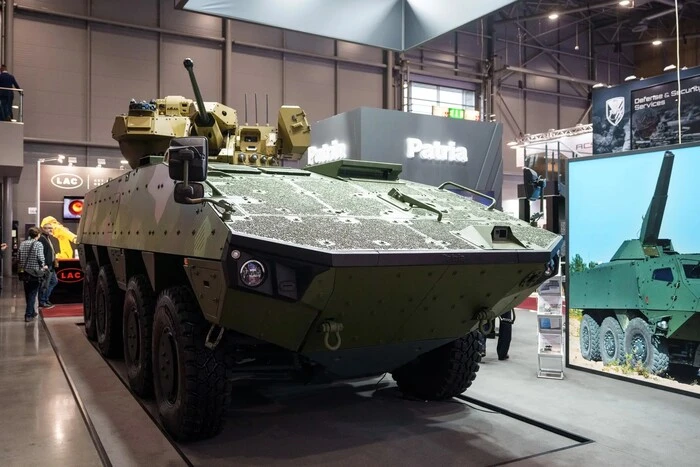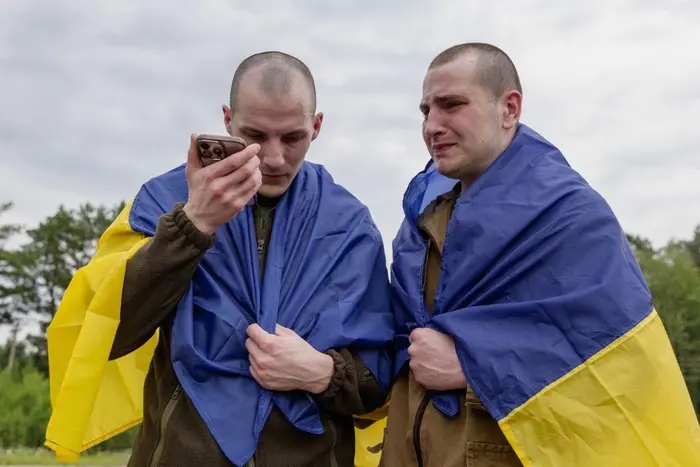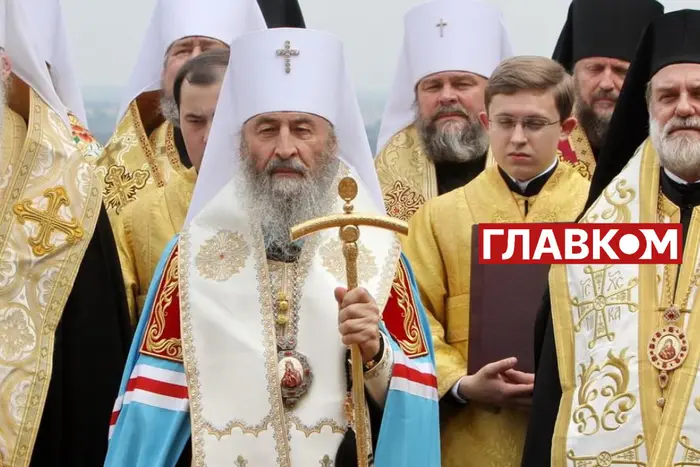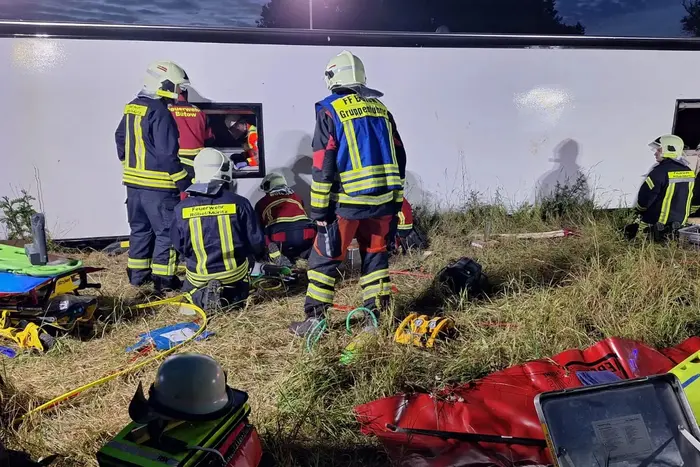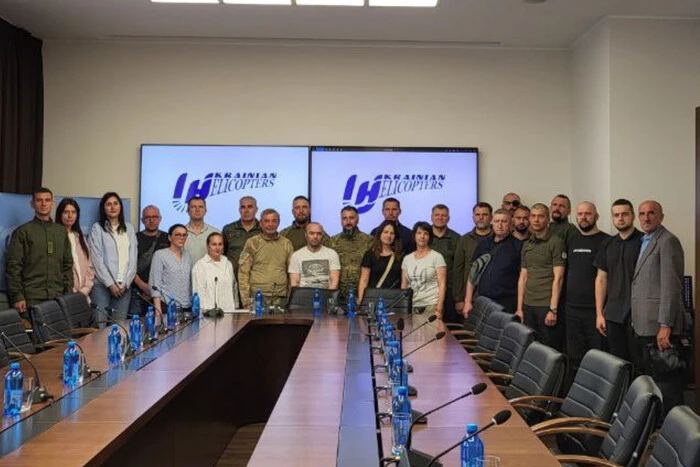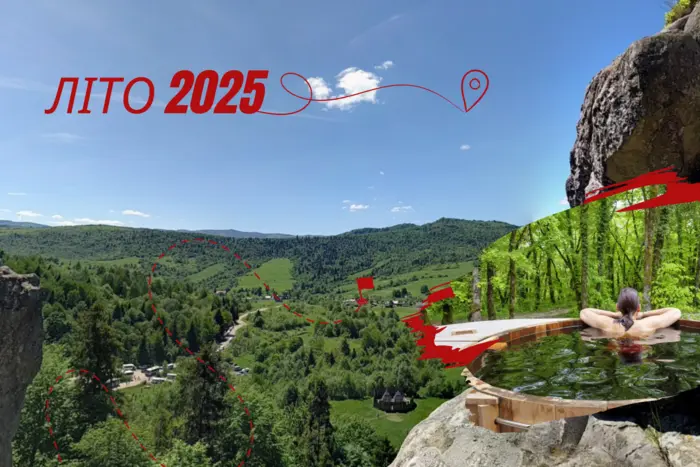The Deputy Chief of 'Alpha' discussed the hardest day at work since the beginning of the war.

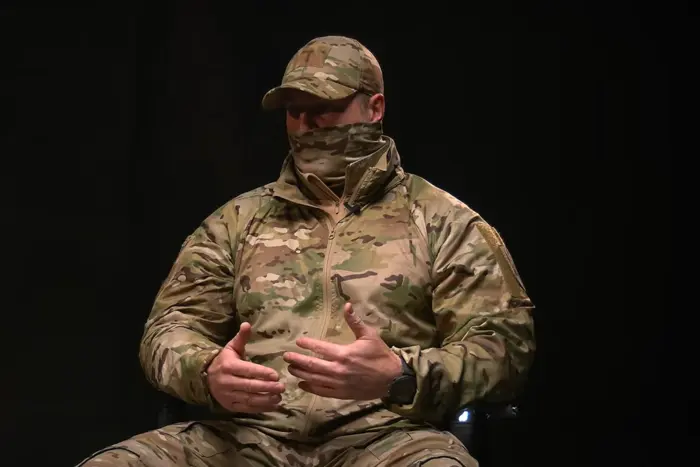
The Deputy Chief of the 'Alpha' Special Operations Center of the Security Service of Ukraine, known by the alias Socrates, shared his experience during the first difficult days of the invasion in an interview with 'Radio Bayraktar'. He spoke about his struggle with physical and moral fatigue that accompanied him while confronting the enemy.
According to Socrates, he practically didn’t sleep for three to four days due to the heavy workload and the need to quickly adapt to the new conditions. Physical exhaustion became a serious problem at the beginning of the war.
For three to four days, I just didn’t sleep. There was tension, nonspecific activity because everything needed to be reformatted to a different mode. So regarding physical fatigue - this is the story, - said Socrates.
The hardest moments for him were the losses of his comrades in arms. The commander of 'Alpha' stated that the death of the first people greatly affected his moral state.
We incurred our first losses near Kyiv. It was extremely hard morally, especially for me, as the commander of this unit. These guys were very close to me. I remember how I took them, all the procedures. The enemy surrounded Kyiv, everything happened very quickly. Unfortunately, these were not the last losses, but they strengthened our will to fight the enemy, - said the special forces member.
Earlier, the Security Service of Ukraine investigated a case about the commander of one of the units of the Special Operations Forces who was working for Russian intelligence.
Recently, a Russian agent was detained in Volyn, who was included in the security units and was planning new aerial strikes in the region.
In addition, the counterintelligence of the Security Service detained an FSB agent who was trying to spy on SBU employees and correct missile strikes on defense industry complexes in the Zaporizhzhia region.
Also, a married couple and their accomplice were detained for passing information about the location of military units and equipment of the Armed Forces of Ukraine in the southern Kherson region to Russian special services.
Read also
- Germany to Update Military Fleet with €25 Billion
- Prisoner exchange, conversation between Zelensky and Trump. Main points for July 4
- Zelensky revoked citizenship from Onufriy. Lawyers explained the consequences for the metropolitan
- A bus overturned in Germany, among the passengers - Ukrainians
- Ukrainian Helicopters announce an attack. The president was addressed by the company's staff, veterans, and families of fallen soldiers
- Mountain Vacation 2025: Six Ideas for a Holiday in the Carpathians

